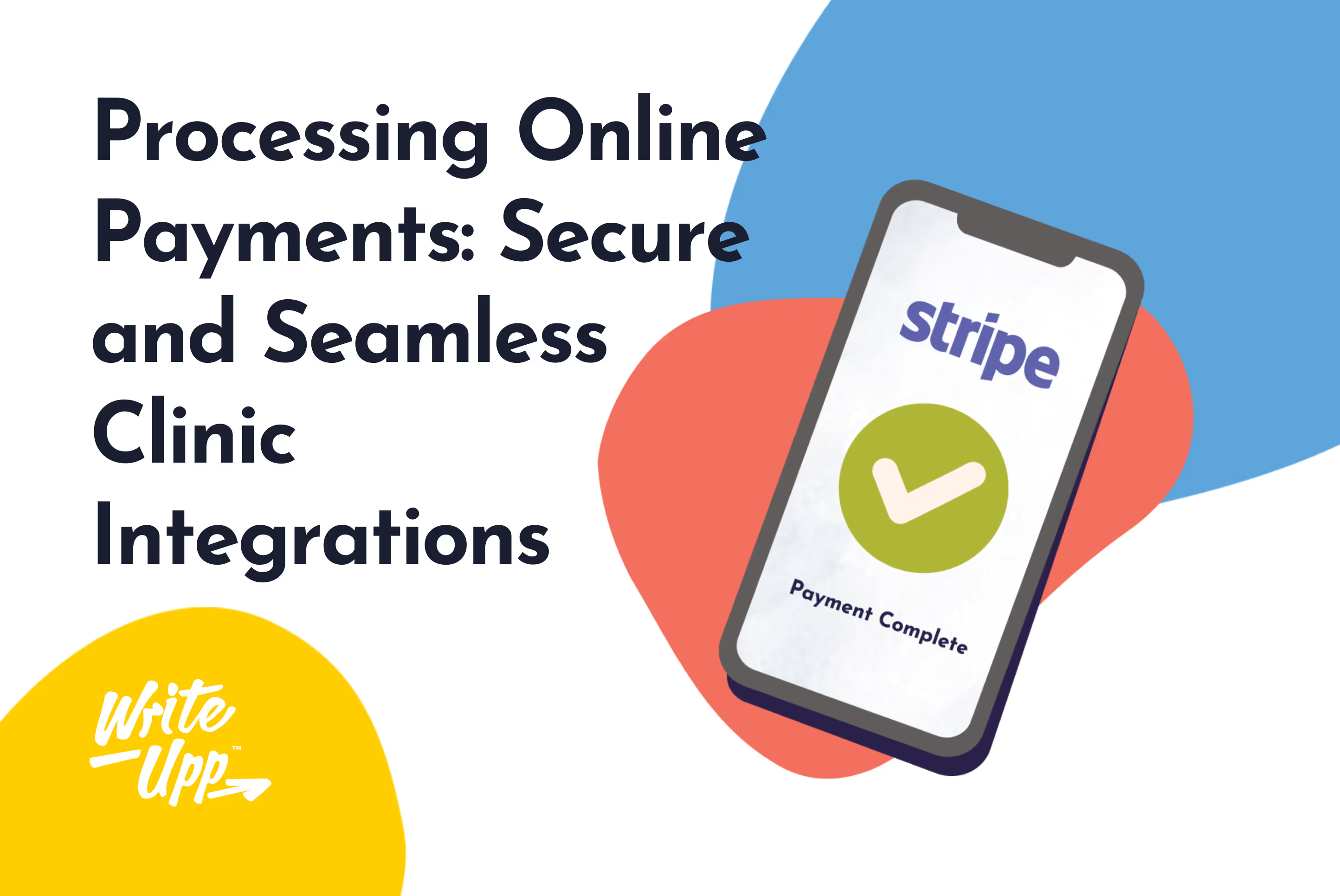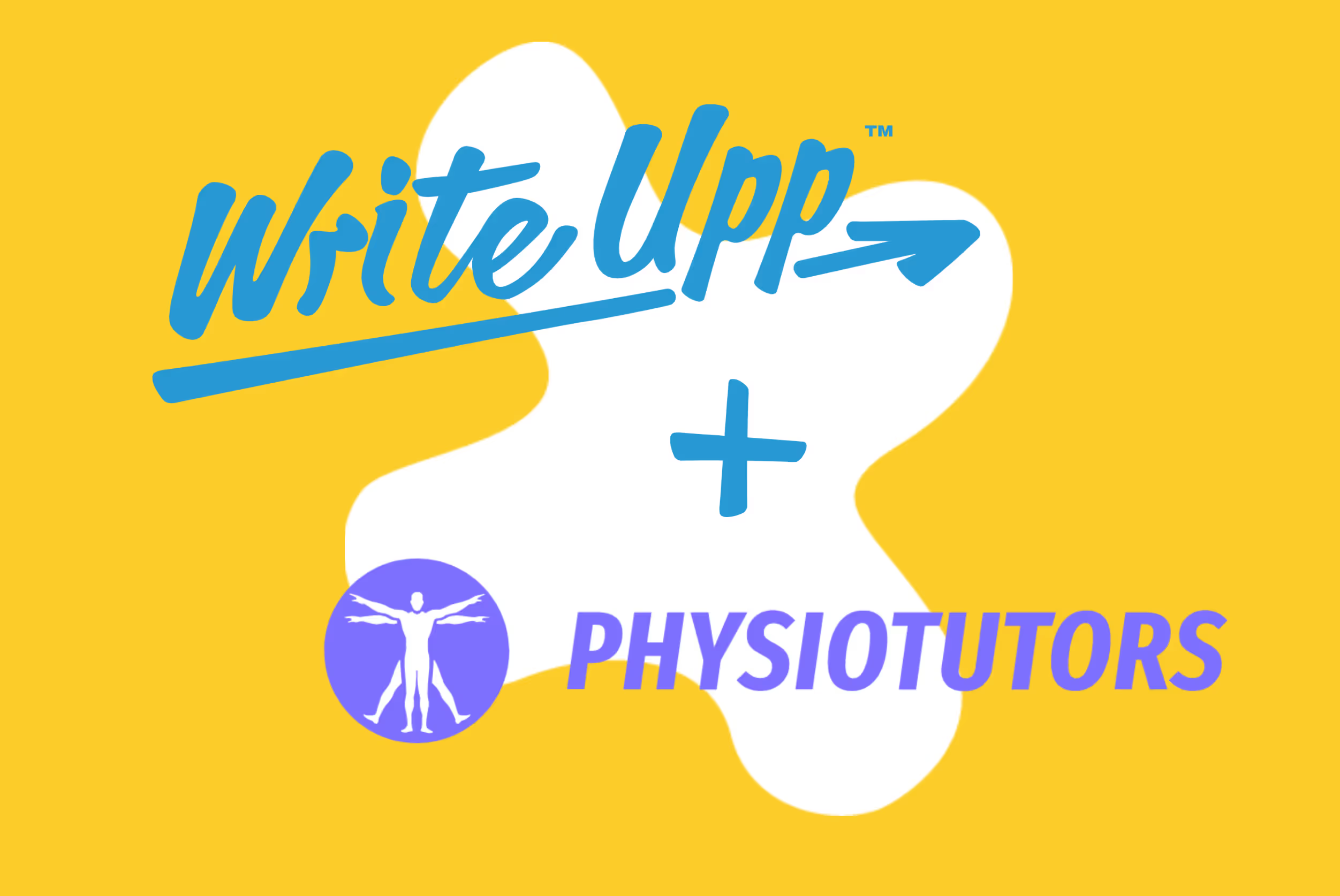Practice management is crucial in ensuring efficient and effective operations to ensure patient outcomes.
In this guide, we delve deep into the fundamental standards that underpin effective practice management. From patient scheduling to billing and payment processing, medical record management, and seamless communication among healthcare providers, these standards form the bedrock of your private practice.
Challenges in Healthcare Management
In healthcare settings, several management challenges can negatively impact both patient care and staff satisfaction, including:
- Poor communication and coordination: Inefficiencies between departments can delay patient care and lead to critical miscommunications, compromising the quality of care.
- Outdated technology: Many healthcare organisations still use manual processes and outdated systems, causing inefficiencies, errors, and delays that burden staff and detract from patient care.
- Ineffective leadership: Weak leadership can lead to poor decision-making, reduced accountability, and low employee engagement, affecting patient care and staff morale and potentially increasing turnover rates.
To mitigate these issues, private practitioners can implement practice management software. This technology offers a centralised platform for communication, scheduling, billing, and other administrative tasks, enhancing overall efficiency. Improved practice management can lead to better patient care, increased staff satisfaction, and higher standards in healthcare management.
What are the Core Practice Management Standards?
The Core Practice Management Standards in healthcare are guidelines designed to ensure that healthcare practices are managed efficiently and effectively, focusing on optimising patient care and business operations.
While specific terminology and frameworks may vary among different healthcare sectors and regions, some common areas that typically encompass CPMS are:
- Clinical Governance: This includes structures and processes to ensure that healthcare organisations maintain high standards of clinical care, patient safety, and continuous quality improvement.
- Patient-Centered Care: Emphasising the importance of involving patients in their care, respecting their preferences, and providing information and support to enable them to make informed decisions about their health.
- Risk Management: This involves identifying, assessing, and managing risks to patient safety and organisational performance, including strategies for preventing adverse events and responding effectively when they occur.
- Information Governance: Ensuring the confidentiality, integrity, and availability of patient information and compliance with legal and regulatory requirements for data protection and information security.
- Staff Training and Development: Providing ongoing training and development opportunities for healthcare staff to maintain and improve their knowledge, skills, and competencies.
- Clinical Audit and Quality Improvement: Using data and evidence to monitor and evaluate clinical performance, identify areas for improvement, and implement changes to enhance the quality and safety of patient care.
- Effective Communication: Promoting clear and effective communication among healthcare professionals and patients to ensure that information is shared appropriately and decisions are made collaboratively.
- Resource Management: Optimising the use of resources, including staff, facilities, equipment, and finances, to ensure efficient and cost-effective delivery of healthcare services.
These standards provide a framework for healthcare organisations to assess their performance, identify areas for improvement, and demonstrate their commitment to delivering high-quality care. These standards typically include several key areas where clinic management software can be an integral tool:
Financial Management
In the healthcare industry, robust financial management is essential for maintaining operational stability and ensuring that resources are adequately allocated for patient care and organisational growth. This involves a complex mix of budgeting, accounting, financial reporting, and billing processes that are critical for the success of any healthcare practice:
- Practice management software automates essential financial operations, such as accounting entries and billing, reducing errors and freeing up staff for more critical tasks.
- The software's tools allow for accurate financial planning by analysing historical data and projecting future trends, improving resource allocation.
- It optimises billing processes by automating updates with the latest coding and insurance information, reducing claim denials and improving cash flow through efficient payment tracking and collections.
- It enables the generation of financial reports, providing insights into revenue, expenses, and profitability and facilitating quick, informed decision-making.
- It integrates seamlessly with other systems, such as accounting software Xero, ensuring consistent and up-to-date financial data across departments.
Health Information Management
Managing patient records and data is essential. Practice management software ensures the accuracy, accessibility, security, and privacy of medical records and supports the implementation of robust health information systems:
- Software automates the entry and retrieval of patient data, reducing errors and ensuring that accurate information is easily accessible to authorised personnel.
- Private practice software provides robust security features, such as encryption and access controls, to protect sensitive medical records and ensure compliance with privacy regulations like GDPR.
Patient Care Systems
Practice management systems are designed to manage patient flow and care processes efficiently. These include automated scheduling, patient registration, and clinical workflows, all aiming to improve the quality of care and patient satisfaction.
- Your software streamlines the scheduling of appointments and simplifies patient registration, enhancing patient convenience and reducing administrative burdens.
- It automates and coordinates clinical processes, from patient intake forms to treatment documentation, improving workflow efficiency and reducing wait times.
- The software enables continuous tracking of patient progress through various stages of care, facilitating timely interventions and personalised care strategies.
Compliance and Risk Management
Private practices must comply with numerous regulatory requirements such as GDPR, privacy, safety, and workplace regulations. Practice management software can help track and manage compliance requirements, providing tools to mitigate potential risks to patients and the organisation.
Communication Systems
Effective communication within the practice and with patients is essential. Practice management software offers integrated communication tools such as patient portals, messaging systems, and telecommunication services, enhancing engagement and transparency.
- The software provides integrated communication tools, including automated messaging systems and video consultation services, facilitating seamless communication between the practice and patients.
- These tools enhance patient engagement by providing convenient channels for communication, appointment scheduling, and accessing health information, improving patient satisfaction and adherence to treatment plans.
- Practice management software promotes transparency by enabling clear and timely communication between healthcare providers and patients, promoting trust and collaboration in the care process.
Incorporating practice management software helps healthcare practices meet regulatory requirements and enhance the overall quality of care and operational efficiency. This technology is foundational to a well-organised practice capable of adapting to the changing healthcare environment while maintaining high standards of patient care.
Leading Care, Managing Standards
WriteUpp is a leading practice management software that significantly enhances practice management standards with its user-friendly interface and comprehensive features. It allows healthcare professionals to streamline administrative processes and improve patient care.
Key features include:
- Comprehensive Scheduling System: WriteUpp streamlines appointment management, enables online booking, and sends automated reminders, reducing wait times and boosting patient satisfaction.
- Secure Patient Information Storage: WriteUpp facilitates secure storage and efficient management of patient information, supporting personalised care and informed decision-making.
- Simplified Billing and Invoicing: Integrates seamlessly with accounting systems, making financial management effortless by automating invoice generation, payment tracking, and insurance claims.
- Cloud-Based Technology: Offers secure, remote access to practice data from any internet-connected device, providing flexibility to manage the practice from anywhere.
Investing in practice management software reduces no-shows, enhances patient engagement, ensures seamless administrative workflows, and improves patient retention.
Don’t miss out on the opportunity to optimise your practice and provide the best possible care to your patients. Sign up for a free 30-day trial, or grab us for a chat.



Join over 50,000 clinicians that we've helped using WriteUpp
Start my free trial






